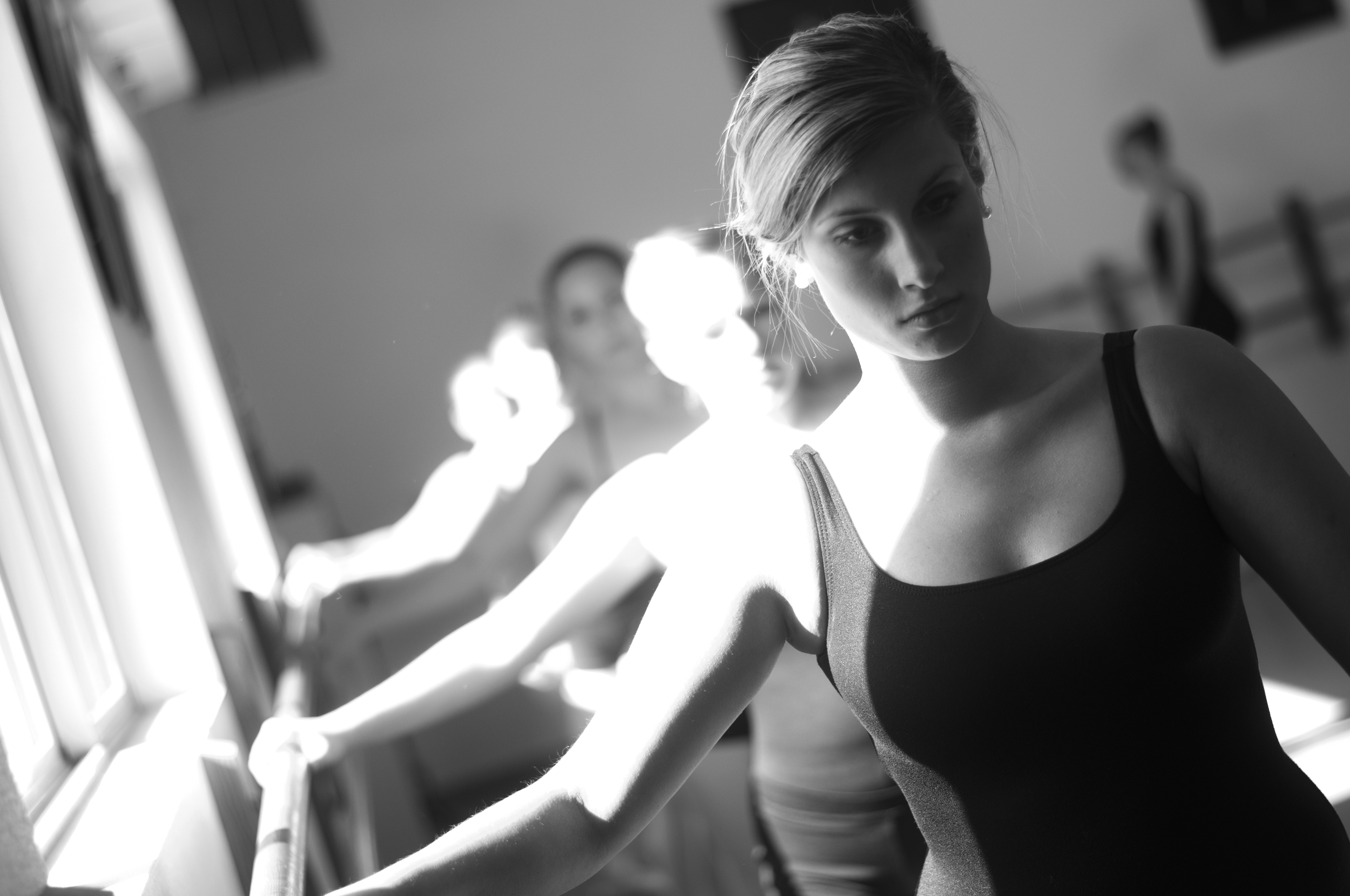Let’s Hear It For the Boys
/When I opened my own studio, my five year old sons were my first two students. They are all grown up now and at age twenty, they have seen the studio grow in ways we never expected. From the humble beginnings of these first two boys, our program has grown to include over 30 male dancers. I realized that my own sons have spent the better part of their life in the dance studio. It made me wonder how they felt about growing up as dancers, so I decided to sit down with my son Kaelen and ask him. Here’s what he had to say.
How do you feel about dance versus sports?
I’ve always been an athlete. I was on the football team, basketball, and track & field. But I consider dance to be just like other sports. There is a team aspect, at least for us there was, where you knew your team was depending on you. There are people you are around all the time and you create a bond. The relationships I formed in dance were very similar to my teammates I had in sports.
Were you ever uncomfortable being a male dancer?
I never felt weird about it. I knew dance wasn’t always thought of as a masculine thing, but I enjoyed it so I never really cared what other people thought. Even if other people had stereotypes about it, I knew that dance was very physical and very masculine.
Were you ever teased about dancing?
Not really. I remember once before the middle school talent show people heard we were signed up to dance. A couple of guys gave us a hard time hearing that we were dancers. But after we performed, they completely changed how they treated us. Then they were telling us how great we were and how cool it was. It was just because they didn’t really know what to expect, but no one ever gave us a hard time after they saw what we actually did.
What were benefits of dance?
All around athleticism. I mean I could go into so much detail on this - flexibility, agility, strength, body control – there are so many physical benefits. More than that though, there’s the aspect of friendship and creating bonds with people. Especially dancing most of my life and having so many people involved from where the studio started to where it is now. We grew up together in the studio.
What parts of your dance education do you use in your life today?
Learning choreography and the detail-oriented aspects of cleaning movement has helped me in almost every aspect of my life. It has helped me to be more aware of details in all parts of my life. Breaking steps down and making them more simple is a way to look at life and a problem-solving skill. Any task, whether it is school or a life issue, can be broken down in to more simple solvable steps just like we break down the movements when we are learning a dance.
What are your thoughts about the boys program now versus when you started?
The boys program has grown like crazy. I mean we started with 3-4 boys and now we have over 30-40 guys. These boys aren’t even just doing the boys hip hop program - they’re reaching beyond and taking ballet, tap, modern – so much other stuff. There are so many male dancers in the studio right now and it’s great to see how much it’s grown. It feels good to know that I was one of the original members of that male group and to be able to have influence on the younger kids. I enjoy having the experience to teach them what I’ve learned from all of my past teachers as well. It’s humbling to know that you are looked up to as a role model.
What advice do you have for boys who might be unsure about dancing?
What’s it going to hurt? Just try it. Honestly, I would just tell them to give it a shot because if you don’t try it you won’t ever know.
Pretty good advice if you ask me. The lessons my sons learned through dance are invaluable - discipline, focus, creativity, and an appreciation for the arts. In my humble opinion, the world needs more men with these characteristics. I’m so glad that my sons were able to learn them on the dance floor.



